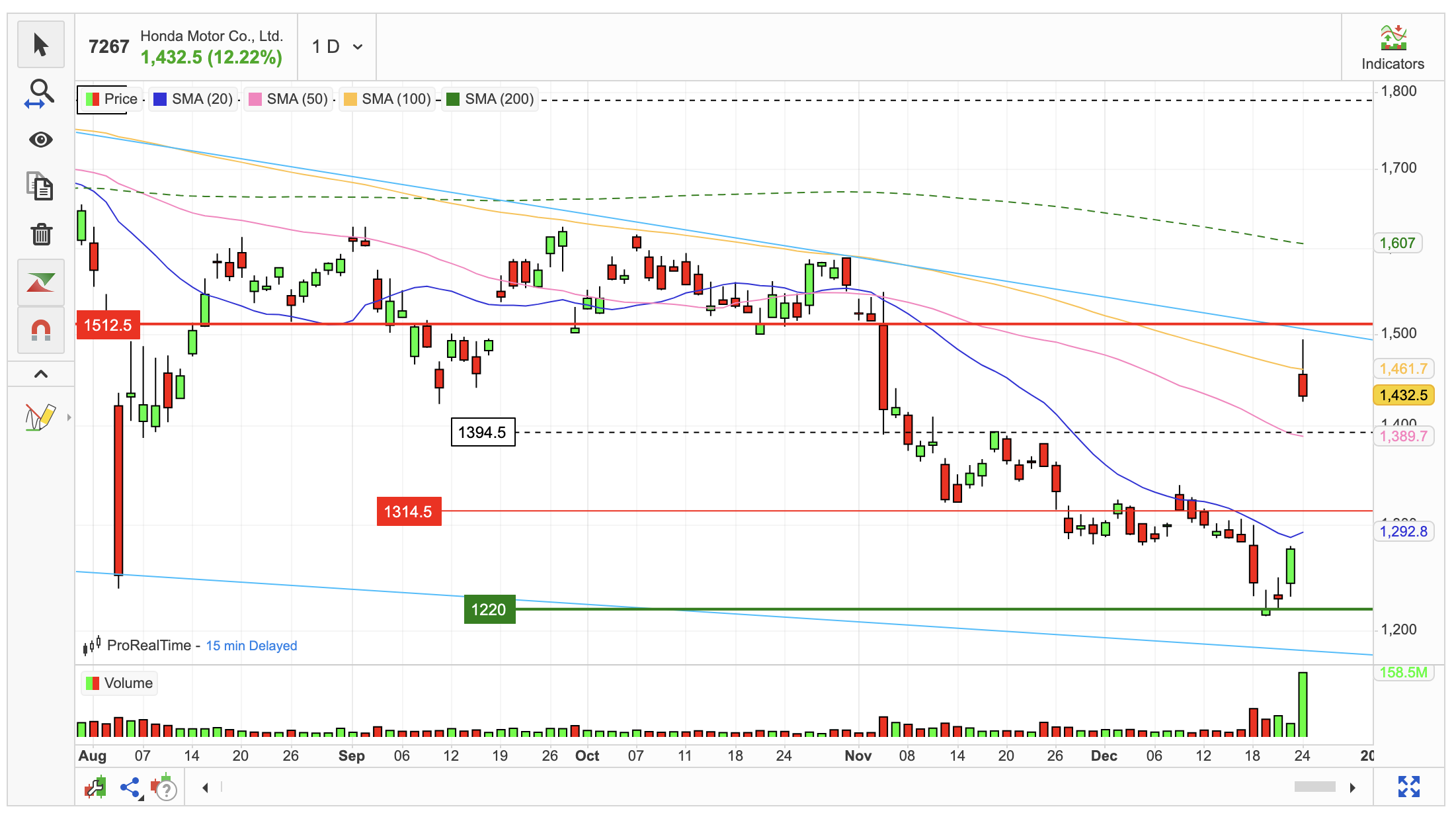Nissan-Honda Merger Talks Signal Industry Shake-Up
- This topic has 0 replies, 1 voice, and was last updated 10 months ago by .
-
Topic
-
Honda’s shares soared after the announcement of an ambitious share buyback program and confirmation of merger discussions with Nissan.
The proposed deal could reshape the automotive landscape, potentially establishing the third-largest automaker globally by sales, trailing only Toyota and Volkswagen.
Key Financial Highlights
- Projected Revenue: ¥30 trillion ($191.4 billion)
- Operating Profit: Over ¥3 trillion ($19.1 billion)
- Combined Market Cap: Approximately $54 billion (Honda: $43 billion; Nissan: $11 billion)
Merger Details
The merger plan involves creating a holding company that will manage both iconic brands while preserving their individual identities.
The strategic goal is to scale production and investment in electric vehicles (EVs) and advanced autonomous driving technologies. A final decision on the merger is expected in June 2025, with the most significant growth impacts anticipated post-2030.
Strategic Implications
The merger aims to bolster the combined entity’s competitive edge against Tesla, BYD, and traditional powerhouses like Toyota and Hyundai.
If successful, the newly formed automaker could surpass Hyundai in sales, securing the number three position in the global rankings.
The collaboration also targets cost-saving synergies, streamlined supply chains, and shared research and development (R&D) efforts to accelerate innovation.
Why It Matters
This move represents a decisive step for Honda and Nissan as they navigate the rapidly evolving automotive sector.
The partnership underscores the urgency for automakers to scale production, adapt to shifting consumer preferences for EVs, and meet increasingly stringent environmental regulations.
By pooling resources and leveraging complementary strengths, the merger seeks to deliver long-term growth and establish a formidable presence in the global automotive market.
This development highlights the intensifying competition within the industry, with traditional automakers doubling down on partnerships to stay relevant in the face of growing dominance by EV pioneers like Tesla and disruptive newcomers.

Data: eToro